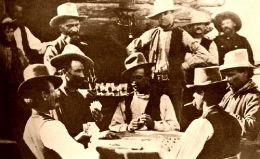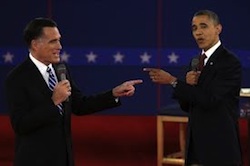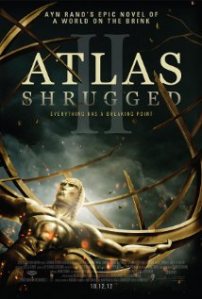Martin Luther seemed to think so: I am persuaded that without knowledge of literature pure theology cannot at all endure, just as heretofore, when letters [literature] have declined and lain prostrate, theology too, has wretchedly fallen and lain prostrate; nay, I see that there has never been a great revelation of the Word of God unless he has first prepared the way by the rise and prosperity of languages and letters, as though they were John the Baptists. . . .... Read more
















